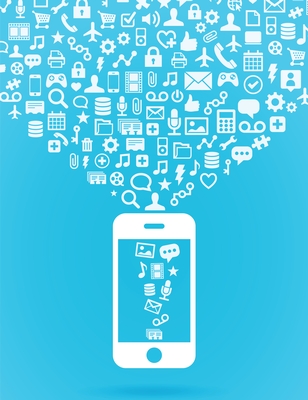We’ve resisted adding our two-cents’ worth for quite some time.
After all, the debate started in the early 1990s, when email became a way of life. That’s a long time to rage.
Today, opinionators and etiquette mavens, corporate security-types and bloggers, technologists and journalists offer solutions, ranging from more software (argh!) that will underwhelm the overload to Friday bans. Here’s a sampling:
- Strive for Inbox Zero. [Then, what else will we have time for?]
- Buy smart mail filters. [On top of what we’re already charged for service?]
- Set a time limit. [Alarm clocks aren’t a good idea – they’re scary.]
- Don’t sign up for junk. [Your comment here … ]
- Prioritize. [If we could do that …]

Look at the suggestions: They’re all driven by behaviors, good and not-so-good. Much of which, in our worldview, is caused by some pretty common emotions:
- ‘Suppose I overlook a critical time-sensitive message from my boss … and then fail on an assignment?’ [Fear]
- ‘I’ll miss something important.’ [Uncertainty.]
- ‘I don’t think I can manage without checking email.’ [Doubt]
Even with many unspoken concerns about managing email, the FUDs (fear-uncertainty-doubt) in many lives tend to dominate. With 28 percent of our time spent writing, reading, and answering email (McKinsey), with 13 hours each week devoted to our beloved monster, and with double-digit email growth expected for the near term (Radicati Group), it’s time for a change. Of the individual kind.
Anyone for establishing Emailers Anonymous?
